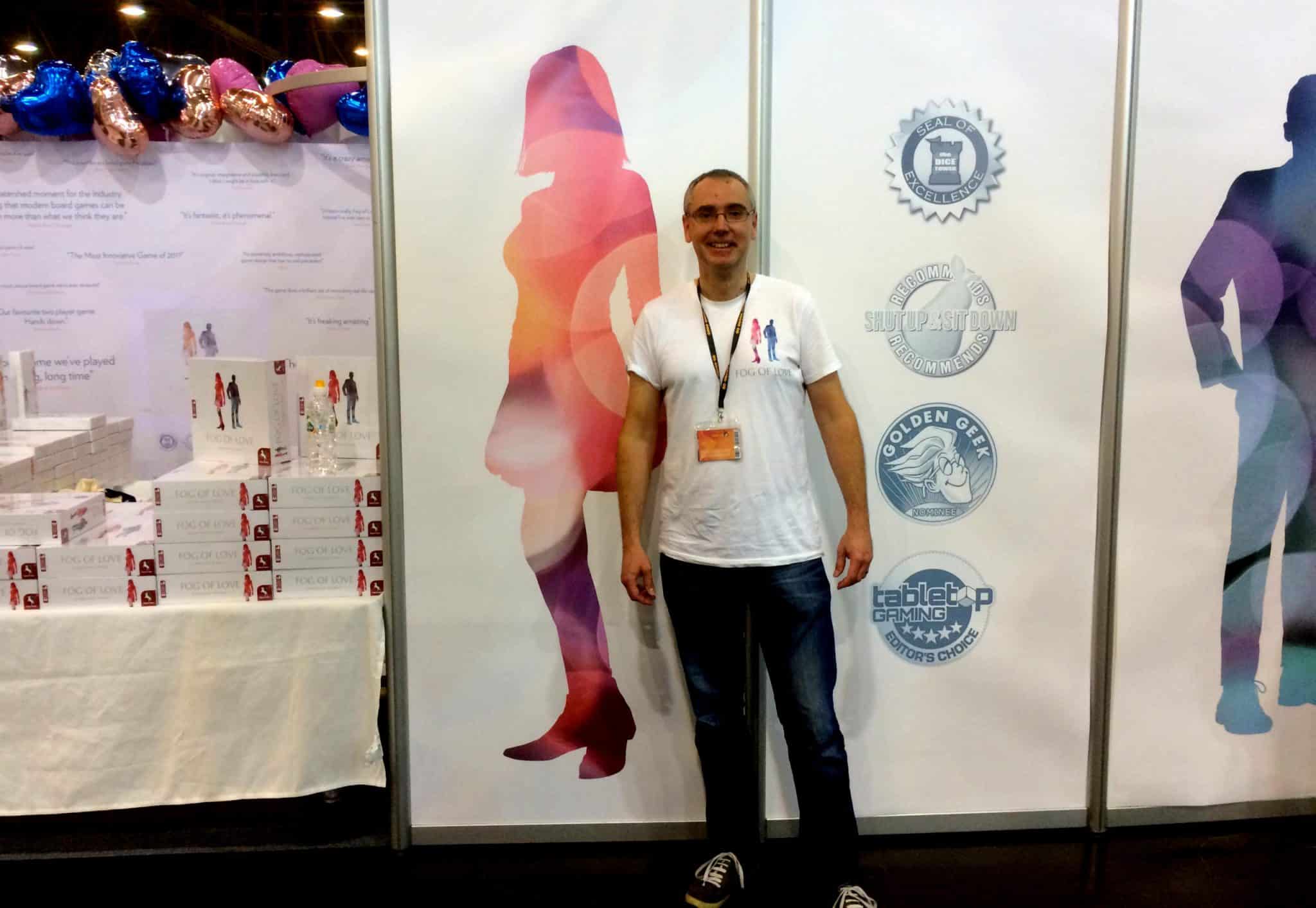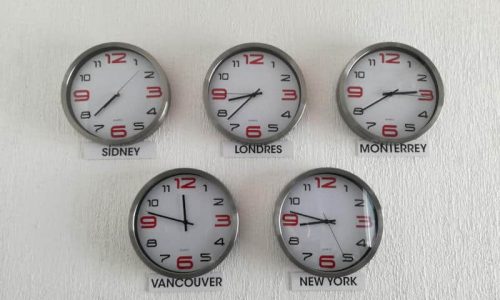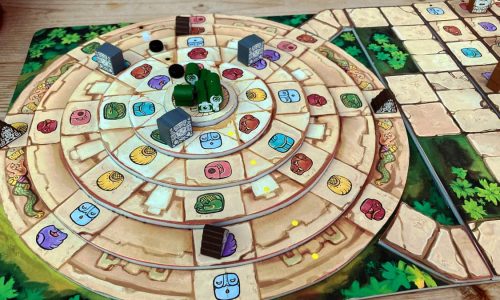
Post-show blues
- Nelly
- July 29, 2024
- Board Games
After the lights have dimmed, the applause has died down, and the curtain has closed, many actors, musicians, and performers experience a common feeling known as post-show blues. This phenomenon, also known as post-performance depression or stage-drop, is a combination of emotions that can leave performers feeling down, lost, and even empty after a production has ended.
Post-show blues can affect performers of all levels and in all types of productions, from local community theater shows to Broadway musicals. The intensity of these feelings can vary depending on the individual and the significance of the performance. But what universally unites performers experiencing post-show blues is the sudden void left by the end of a project that they have poured their heart and soul into for weeks, months, or even years.
One of the main reasons why post-show blues occur is the sudden shift from the intense, adrenaline-fueled experience of performing to the mundane reality of everyday life. The rush of performing in front of an audience, the camaraderie of the cast and crew, and the sense of purpose and accomplishment can create a high that is hard to replicate in other aspects of life. Suddenly being thrust back into the routine of daily life can feel like a letdown and lead to feelings of sadness, emptiness, and even identity crisis for some performers.
Another contributing factor to post-show blues is the loss of the close-knit community that is formed during the production process. Performers spend countless hours rehearsing, bonding, and working together towards a common goal, creating strong bonds and friendships along the way. The end of a show can mean saying goodbye to this community, leaving some performers feeling lonely and disconnected.
To cope with post-show blues, it is important for performers to acknowledge and accept their feelings rather than trying to suppress them. Talking to fellow cast members, friends, or a therapist can help in processing and working through these emotions. Engaging in self-care activities such as exercise, meditation, or hobbies can also be beneficial in easing the transition back to everyday life.
It is also important for performers to remember that post-show blues are a normal and temporary part of the performance process. Each new show brings new experiences, challenges, and opportunities for growth. By embracing this mindset and staying engaged in the performing arts community, performers can navigate through post-show blues and emerge stronger and more resilient for their next performance.




